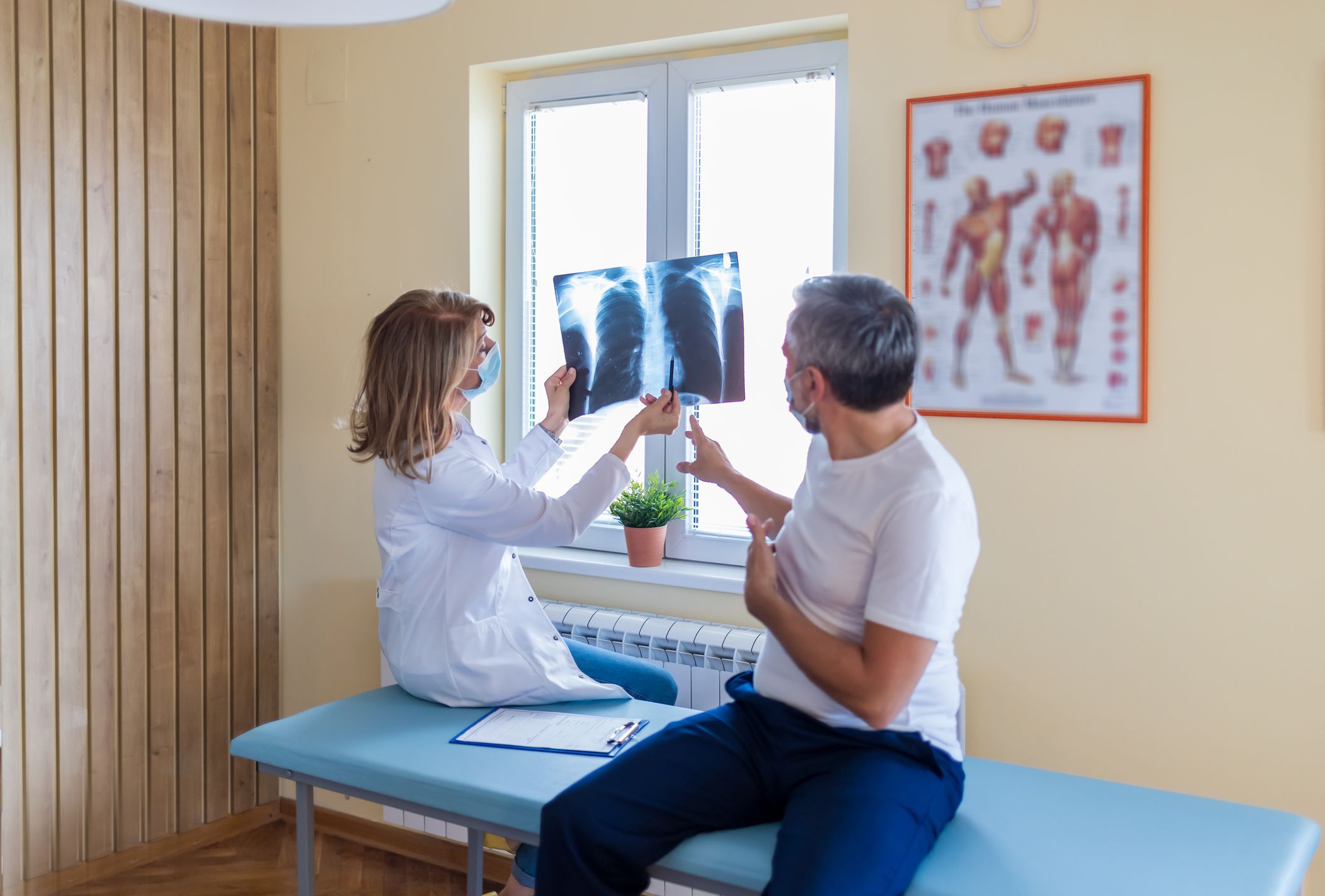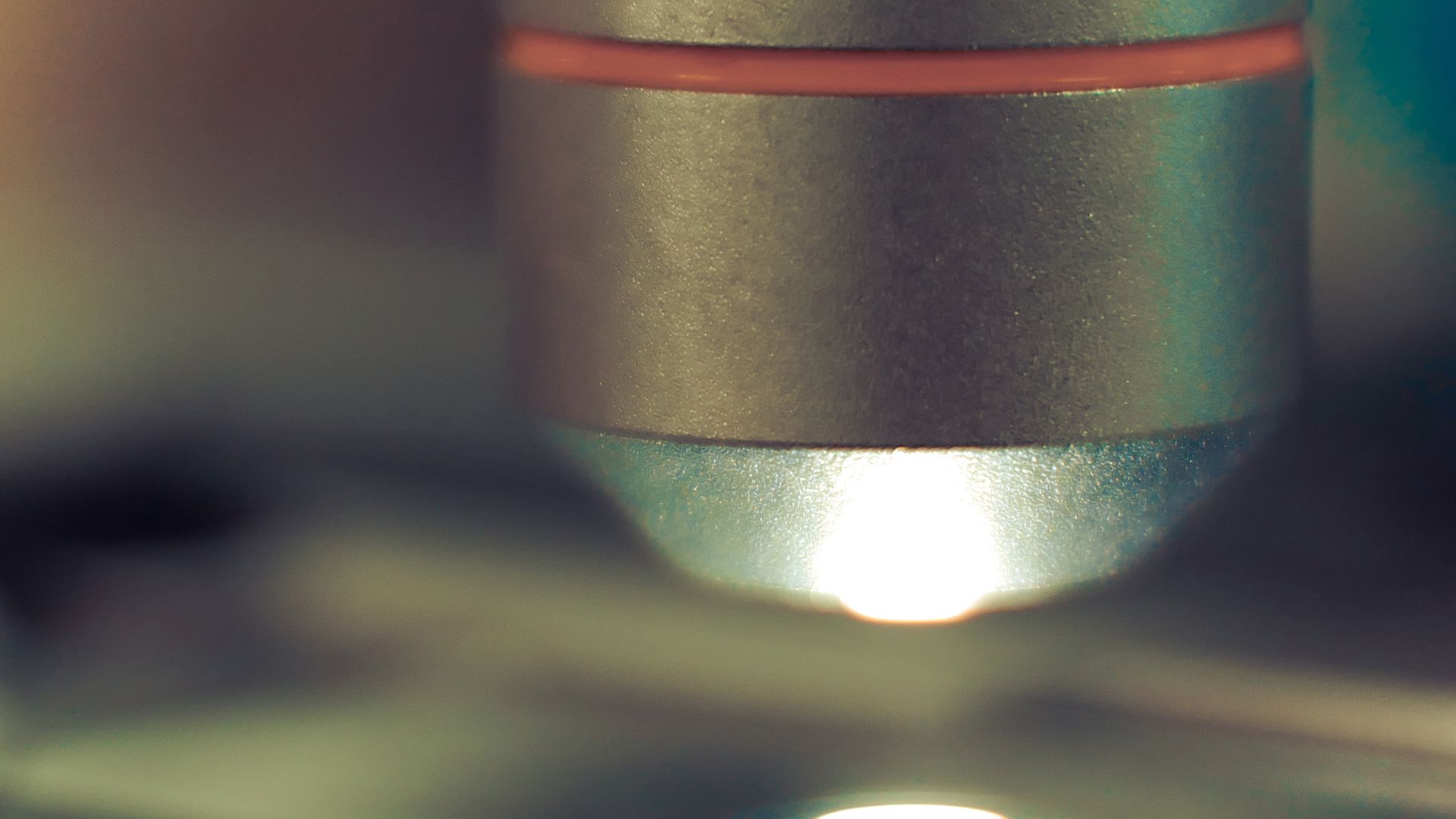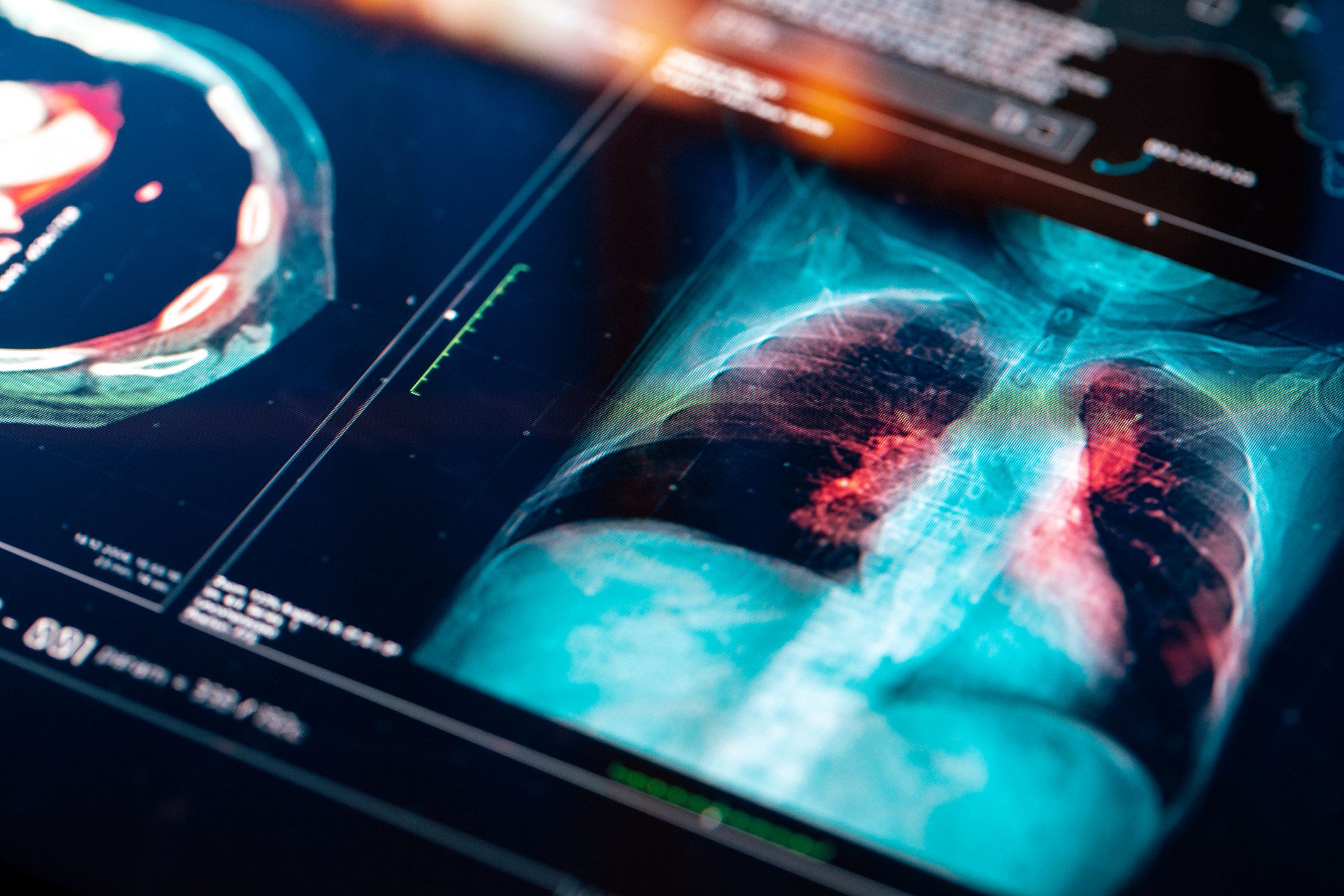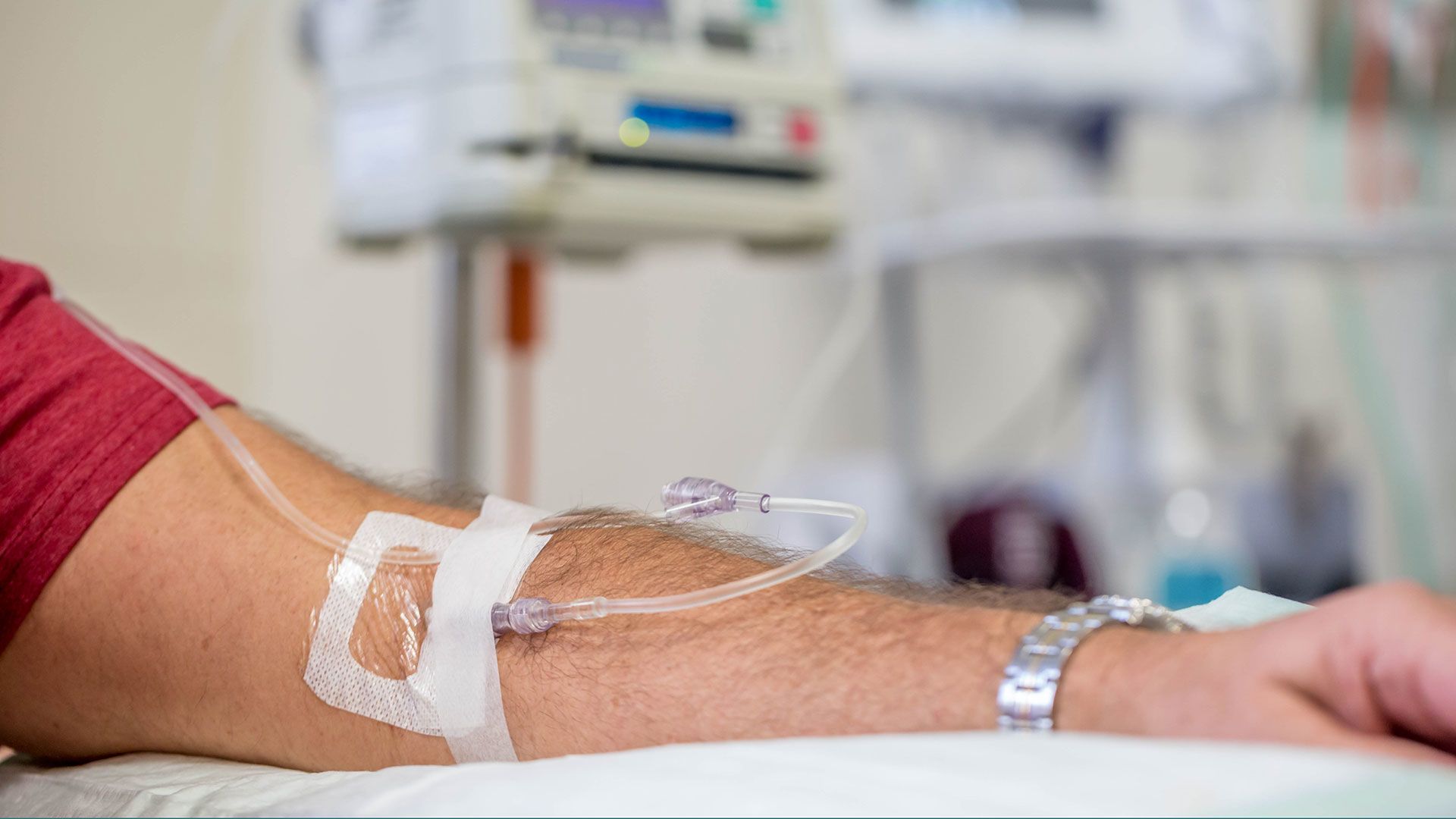Updated on October 23, 2024
Though self-care during NSCLC can be highly individualized, here are some basic steps you can take to move forward from a diagnosis.

Transcript
Mindset is so critical and important from diagnosis and moving forward, that we still
want to ensure that we continue to do things to feed our soul and our mind as well during the process. [MUSIC PLAYING]
Of course it can be different for everybody, but what advice would you give when it comes to taking care of yourself when dealing with non-small-cell lung cancer?
Absolutely everyone's going to be slightly different, and it's got to be a bit individualized, of course. But the things that we know with research
is that our lifestyle choices actually can make a big difference through treatment as well. So the way that we eat and fueling our bodies
with the right types of nutrients can actually help our bodies heal a lot faster and tolerate treatment a lot better.
If we're going to be doing chemotherapeutics, we want our bodies to be at their optimal state, and so we know through research that exercise can actually
help with that. When we have more energy, when our sleep is better, we just tend to feel a lot better too, and we're able to move forward a lot stronger as well.
Having a healthcare practitioner in place who can sort of guide you through that allows you to make choices that are actually
going to be helpful to you through the journey rather than hinder anything that you're trying to do at that moment. We have to understand the environment
the patient's in because predominantly the environment is going to predict how the patient does, right? And so because the patient has to return for visits,
the patient has to be able to go and get therapy. The patient has to be able to have surgery.
Who's going to take care of them after surgery? All these types of things you have to think about. So I think our approach needs to be more personal.
A lot of our approach is scientific. I think science is important, no doubt. That's easy. But I think that understanding a patient's environment
and really getting personal and figuring out what they do with their life on a daily basis and relate it to their therapy and how
we're going to deliver it is just as or more important. You made some wonderful points.
Living a healthy lifestyle is good for wellness, but it's also beneficial on a cancer journey.
I would want healthcare providers to know that there are support resources available, partnering
with a patient organization like LUNGevity. We can provide an additional layer of support
as an adjunct on their team and caring for the patient. They don't have to do it all themselves. To patients and caregivers, I would
encourage them to find the support people, to find the supports available and partner
with the social worker, the navigator. Get their-- get a support group. We have a variety of support programs.
We have virtual meetups. Everything has gone virtual, right? We have general meetups for lung-cancer patients
of all types. So it's important for patients and families to be supported and to get connected and to get connected as early as possible.




